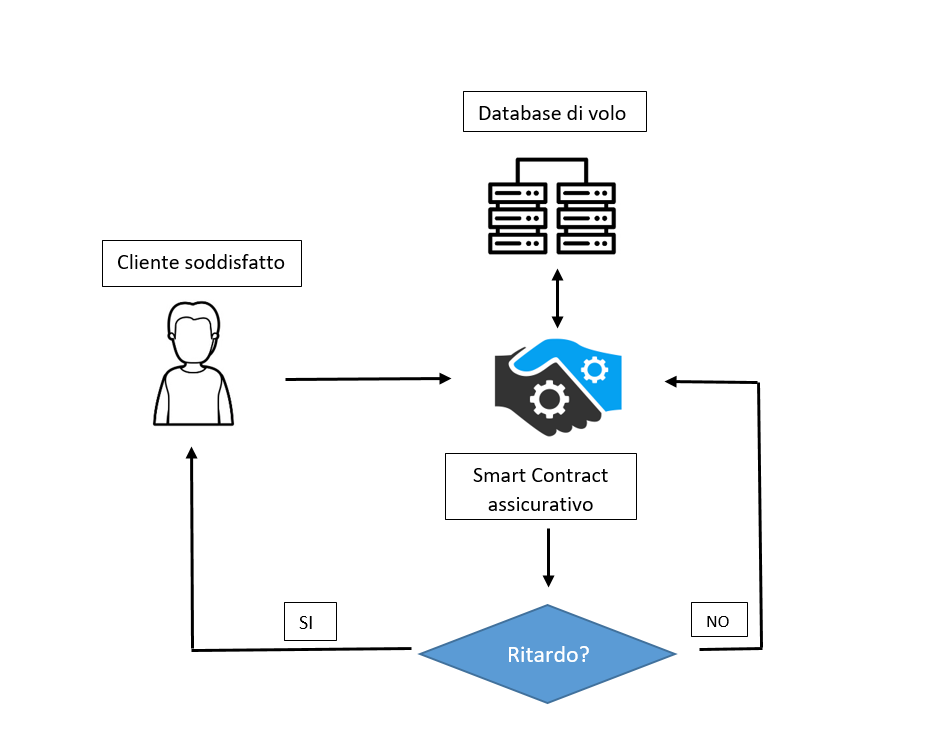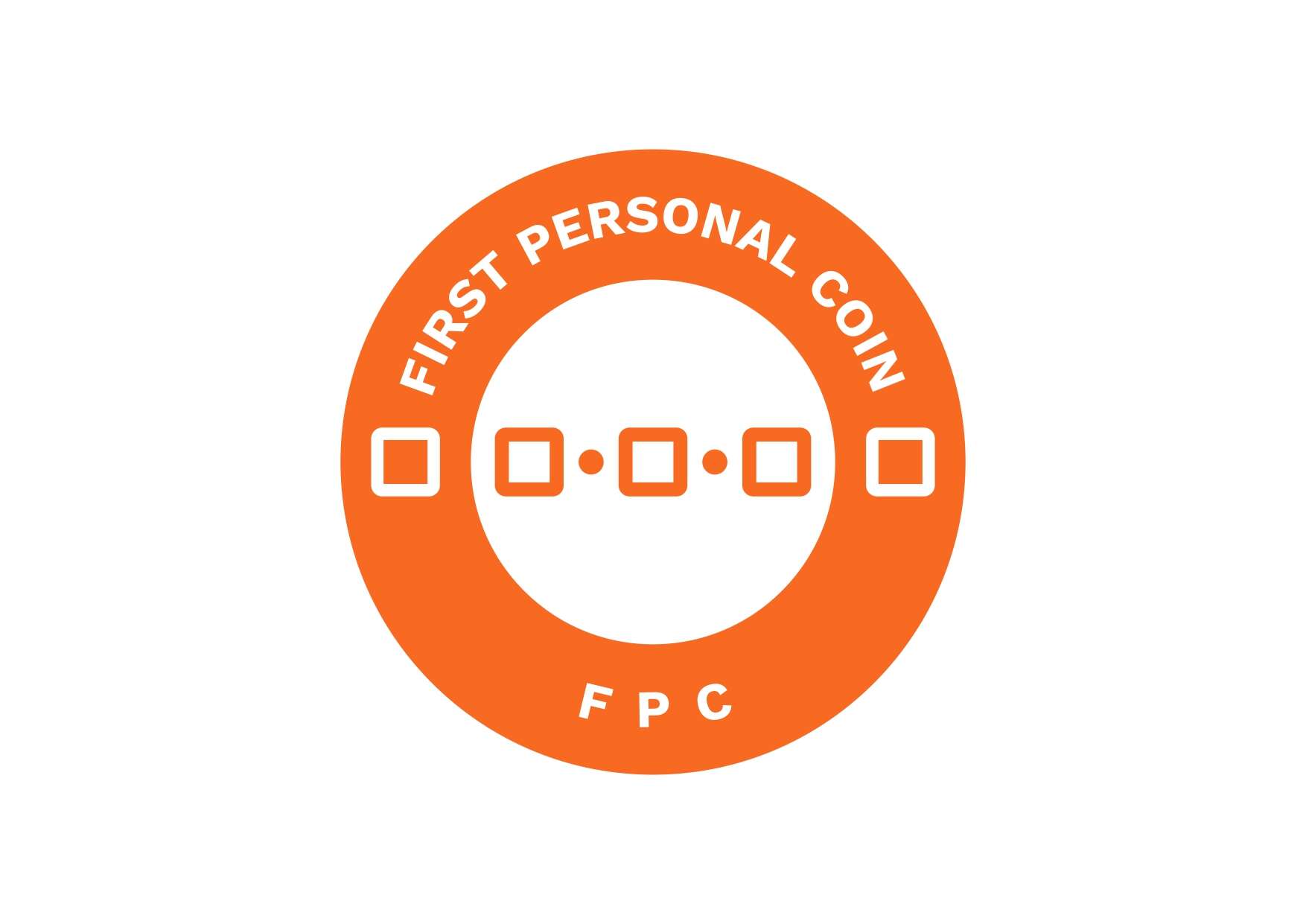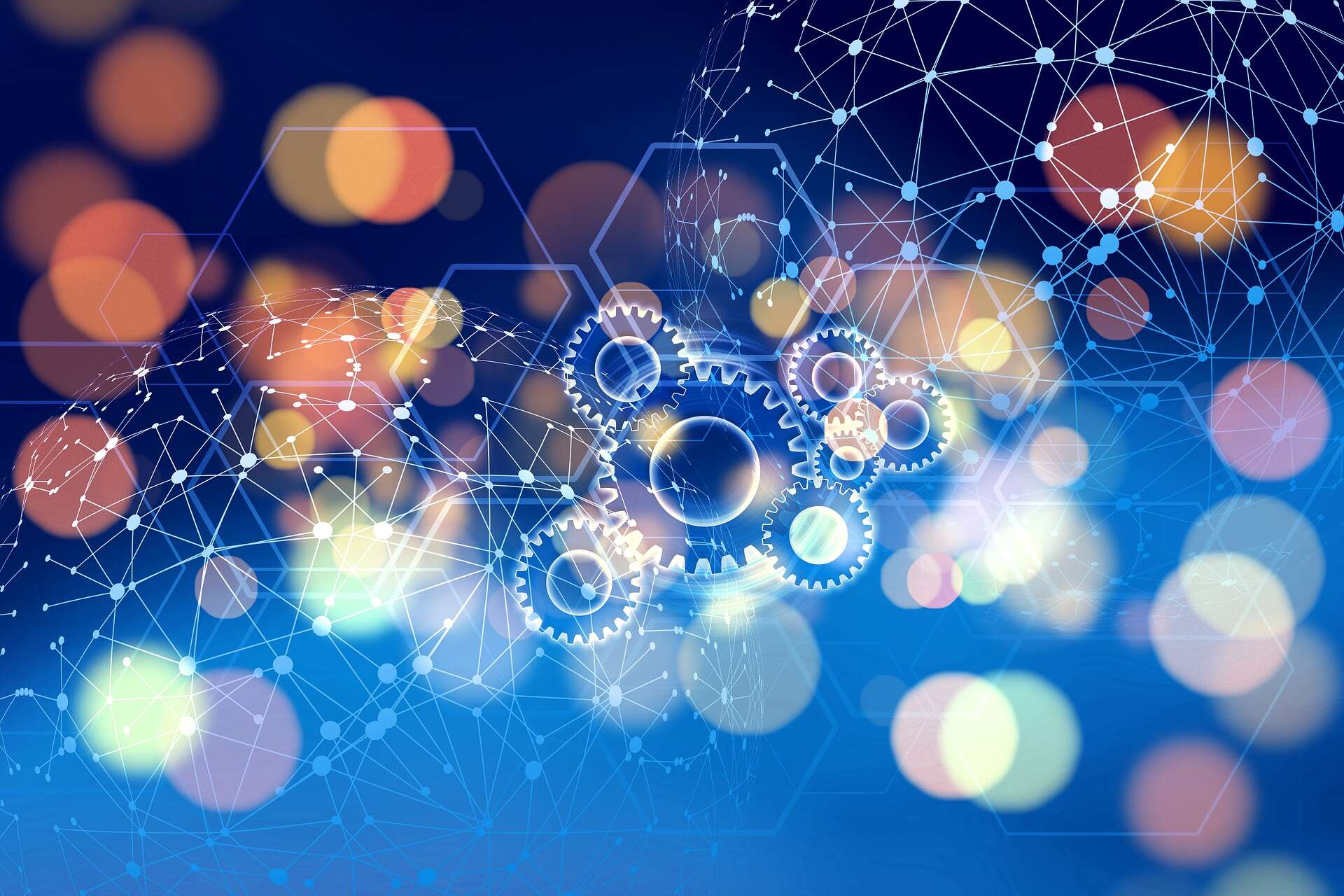WHAT ARE DAOS AND WHY SHOULD YOU PAY ATTENTION?
REVIEW: WHAT IS A DAO?
Decentralised Autonomous Organisations are a type of blockchain-based organisation or company that is governed by code instead of a typical hierarchical leadership structure defined by law.
Usually, governance, takes place through the use of native cryptographic tokens (also called governance tokens) and anyone holding such tokens also has the ability to vote when new proposals are made and to participate in the management of the DAO. In this process, smart contracts are used to help DAO members achieve their common goal.
HOW DOES IT WORK?
A smart contract is a crucial aspect of DAOs and can be explained as follows:
a set of promises, specified in digital form and including protocols within which the parties execute these promises. The code and the agreements contained in it are self-executing and the transactions are trackable and irreversible.
Smart contracts can be used for more complex agreements between a multitude of actors along a supply chain of goods or services, or to manage a group of people who share the same interests.
- DAOs are an example of this, and probably represent the most common form of complex smart contracts.
In DAOs, the smart contract formalizes the organisation's governance rules, such as the deed of incorporation, statutes, rules of procedure, replacing day-to-day operational management with a self-enforcing code.
Example of a smart contract with flight insurance.

A smart contract is used to automate the refund process for flight passengers whenever they are eligible. The smart contract has access to the flight details and the passenger's wallet, and, automatically sends the right amount of money to the passenger's wallet if the predetermined rules are met.
DAO's BENEFITS:
- Trustless: Through blockchain technology, participating in the DAO, is possible to operate in a trustless environment by conducting secure transactions between strangers, as everyone can see what is happening in real time; therefore, only trust or understanding of the protocol is required and not trust in other participants.
- Decentralisation: The governance of the organisation is decentralised, which enables democratic processes.
a) No single point of failure: Its decentralised feature prevents a single point of failure and makes it impossible for a single entity the closure (without having control over the majority of tokens).
b) No intermediaries: Not relying on intermediaries or third parties can make processes more efficient and cost-effective.
- Open source: Thanks to open source, DAOs are often reliable and up-to-date because contributors outside the organisation can improve them. Moreover, most DAOs do not require an invitation to invest financially in them, unlike private companies or public companies with shareholders' agreements.
- Cheap to set up: DAOs do not require much money to set up. Did you know that it is possible to raise money by issuing tokens?
- Automation: Smart contracts allow a high degree of automation of transactions and decisions made by the organisation.
Usually DAOs are centralised at the beginning because a small team needs to have control to create the basis of the project, but once the governance tokens are issued, the power over the organisation starts to be decentralised. DAOs increased more than eight times in one year, from May 2021 (around 700) to June 2022 (6,000), increasing the number of votes from 448,000 to 3.7 million in the same period, which shows a growing interest worldwide.
NEGATIVE ASPECTS:
● Vulnerable to attacks: This is a negative aspect of being open source, because hackers can see the code and use the bugs (if there are any). The longer and bigger a DAO becomes, the more reliable it is.
● Lack of clear regulations (legal uncertainty): There are currently few laws and regulations on DAOs, which can result in a DAO being in a legal grey area. Without clarity on the legal form, it remains unclear what the nature of their members' liability is, thus creating significant risks for members. CLICK HERE
● Timing of decision-making: Sometimes it is better to have a centralised decision-making process. For example, in a time of crisis, when an important decision needs to be made very quickly, a democratic decision-making process may not always be the best option. The lack of a 'single leader' may also create difficulties when it comes to sharing and reaching a common vision.
PROBABLE USE CASES
Besides concrete examples, CLICK HERE DAOs can also be very useful for the following use cases (non-exhaustive list):
● Charities and non-profit organisations: Many people have little trust in charities and the main reason is that it is not easy to see their transactions and how their donations were used. By creating a charity like DAO, donors would be able to vote on where the money should be used and track it directly. The same applies to non-profit organisations in general that are involved in public assistance.
● Governments: Supporters of DAOs often see this form of organisation as a very democratic system and argue that it could be used for public and governmental projects and decision-making.
● Clubs: Decision-making in clubs is not always easy (whether sports, business or hobby clubs). A decentralised autonomous organisation would allow every member of the club to participate in its improvement and vote on new proposals quickly and safely, even from the other side of the world.
● Investment companies (e.g. VCs): Investors could join together from all over the world and create an investment fund without having to trust each other or a CEO. This system would work in both a DeFi and CeFi (centralised finance) environment.
Given the explosion in the growth of capital and other resources dedicated to DAOs, it will be difficult to ignore this new form of business organisation in the coming years, especially as it continues to evolve.
Stay up-to-date with our mini lessons!

